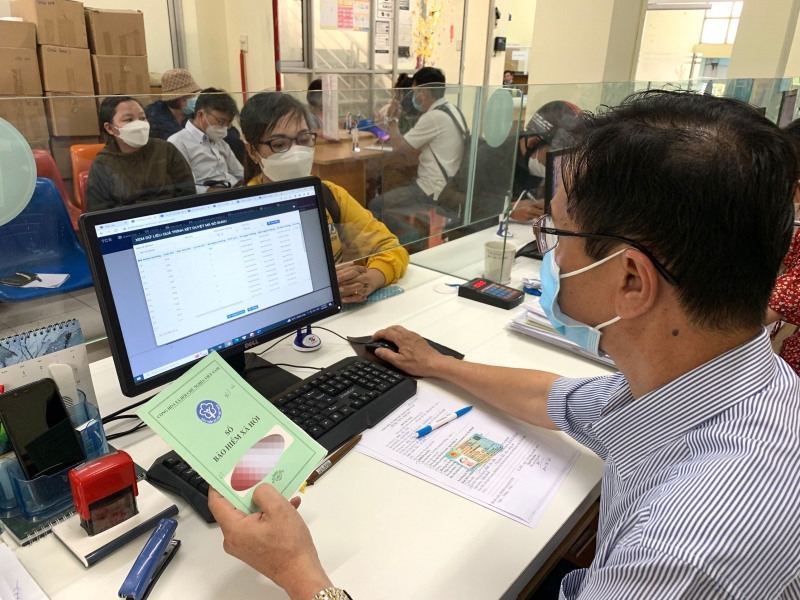
The Ministry of Labor, Invalids and Social Affairs proposes that if employees reserve and do not receive one-time social insurance, they will enjoy 5 additional benefits.
The issue of one-time social insurance is quite complicated and affects the socio-economic life. In response to the opinions of the Government Standing Committee, the Ministry of Labor, Invalids and Social Affairs has compiled and developed two social insurance plans to report to the Government for comments.
The Ministry of Labor, Invalids and Social Affairs has just reported on receiving and explaining opinions from the Government Standing Committee and Government members on the draft Law on Social Insurance (amended). Accordingly, the Ministry of Labor, Invalids and Social Affairs proposed to add a plan to limit the situation of withdrawing social insurance at one time.
Plan to retain 5 additional benefitsAccording to the Ministry of Labor, Invalids and Social Affairs, the issue of one-time social insurance is quite complicated, having a great impact on life and socio-economy. Incorporating the opinions of the Government Standing Committee, on the basis of the 3 reported plans, the Ministry of Labor, Invalids and Social Affairs synthesized and built 2 plans on one-time withdrawal of social insurance to report to the Government for comments.
Option 1 stipulates the right to receive one-time social insurance benefits for 2 different groups of employees.
In option 1, group 1 is employees who participated in social insurance before the Social Insurance Law (amended) took effect, after 12 months of unemployment, if in need, they will receive a one-time social insurance payment.
In essence, this regulation inherits Resolution No. 93/2015/QH132, which allows employees to choose between reserving their social insurance participation time to receive retirement benefits, or receiving social insurance in one lump sum if needed. But the difference this time is that if employees choose to reserve and not receive social insurance in one lump sum, they will enjoy 5 additional benefits.
These 5 benefits include: Employees only need to pay social insurance for 15 years and reach retirement age to receive a pension; receive monthly allowance in case they have paid social insurance but are not eligible for pension and are not yet old enough to receive social retirement benefits; receive health insurance guaranteed by the State budget during the period of receiving monthly allowance; receive health insurance paid by the Social Insurance Fund, the maximum period of health insurance is equal to the employee's social insurance payment period; during the period of unemployment without a job, they are entitled to credit support policies to solve immediate financial difficulties.
In case the employee has chosen to receive social insurance payment at one time, he/she will not receive the above additional benefits.
In option 1, the Ministry of Labor, Invalids and Social Affairs adds group 2, which is employees who start participating in social insurance from the time the Law on Social Insurance (amended) takes effect (expected January 1, 2025). This group of subjects will not receive one-time social insurance except in cases where they are old enough to receive pension but have not contributed enough years to receive pension; go abroad to settle down, or suffer from one of the life-threatening diseases.
The Ministry of Labor, Invalids and Social Affairs assessed that the advantages of option 1 will gradually overcome the situation of receiving one-time social insurance benefits in the past.
According to statistical data resolved in the past, nearly 99% of people receive one-time social insurance benefits in the case of "after one year of unemployment", about 67% of people receive one-time social insurance benefits with a payment period of less than 5 years.
With option 1, in the first years, the number of people receiving one-time social insurance benefits will not decrease much, but will decrease more and more in the following years. From the 5th year onwards, it will decrease rapidly, possibly reducing the number of people receiving one-time social insurance benefits by more than half compared to the recent period; moving towards an approach according to international practice, only resolving one-time social insurance benefits for cases that are not eligible/not able to receive monthly pensions. Thereby, helping workers to enjoy maximum long-term benefits when they reach retirement age, contributing to stabilizing their lives in old age.
In the short term, option 1 does not help maintain or increase the number of social insurance participants as much as option 2, but in the long term it is more optimal. Because this regulation does not affect employees who are participating in social insurance, it is basically less likely to encounter employee reactions.
However, this option has the disadvantage of only applying to employees who start participating in social insurance from the effective date of the Law, so more than 17.5 million employees participating in social insurance still have the right to choose to receive social insurance at one time.
Therefore, the number of people receiving one-time social insurance benefits did not decrease much, especially in the first years after the new Law took effect. At the same time, it created a comparison between workers participating before and after the Law took effect in receiving one-time social insurance benefits.
A solution to harmonize interests and increase opportunities for workers
Option 2 proposed by the Ministry of Labor, Invalids and Social Affairs is: "After 12 months of not being subject to compulsory social insurance, not participating in voluntary social insurance, and having paid social insurance for less than 20 years, if the employee requests, a part of the payment will be resolved, but not exceeding 50% of the total time paid into the pension and death fund. The remaining social insurance payment period will be reserved for the employee to continue to participate and enjoy social insurance benefits."
The advantage of this option is to harmonize the interests of workers and long-term social security policies. Although the number of people receiving one-time social insurance benefits may not decrease much compared to the current level, when workers receive one-time social insurance benefits, they will not completely leave the system, because they still reserve a part of the remaining payment period (not affecting the number of participants).
Employees who continue to participate will have their contribution time added to enjoy social insurance benefits with higher benefits; have more motivation to continue participating, accumulate the contribution process to qualify for pension; have more opportunities to qualify for pension when reaching retirement age.
The Ministry of Labor, Invalids and Social Affairs believes that this is a plan that both ensures the need for workers to receive one-time social insurance benefits at the present time, avoiding social reactions, but also meets the requirements of ensuring the stability of the system and the rights of workers in the long term.
The disadvantage of option 2 is that it does not completely resolve the issue of one-time withdrawal of social insurance. Employees are not entitled to one-time social insurance benefits for the entire contribution period, so they feel that their benefits have been reduced.
In addition, this option may result in an increase in workers requesting to receive one-time social insurance benefits before the Law takes effect (enjoying "running the law"). According to this option, the situation of receiving one-time social insurance benefits at a young age (before retirement age) will continue in the future.
According to the Ministry of Labor, Invalids and Social Affairs, withdrawing social insurance at one time is an extremely sensitive and complicated issue, so the Ministry of Labor, Invalids and Social Affairs, the drafting agency, proposed that the Government report to the National Assembly for opinions on both of the above options.
Source link



![[Photo] General Secretary To Lam attends the 80th Anniversary of the Cultural Sector's Traditional Day](https://vstatic.vietnam.vn/vietnam/resource/IMAGE/2025/8/23/7a88e6b58502490aa153adf8f0eec2b2)




![[Photo] Prime Minister Pham Minh Chinh chairs the meeting of the Government Party Committee Standing Committee](https://vstatic.vietnam.vn/vietnam/resource/IMAGE/2025/8/23/8e94aa3d26424d1ab1528c3e4bbacc45)


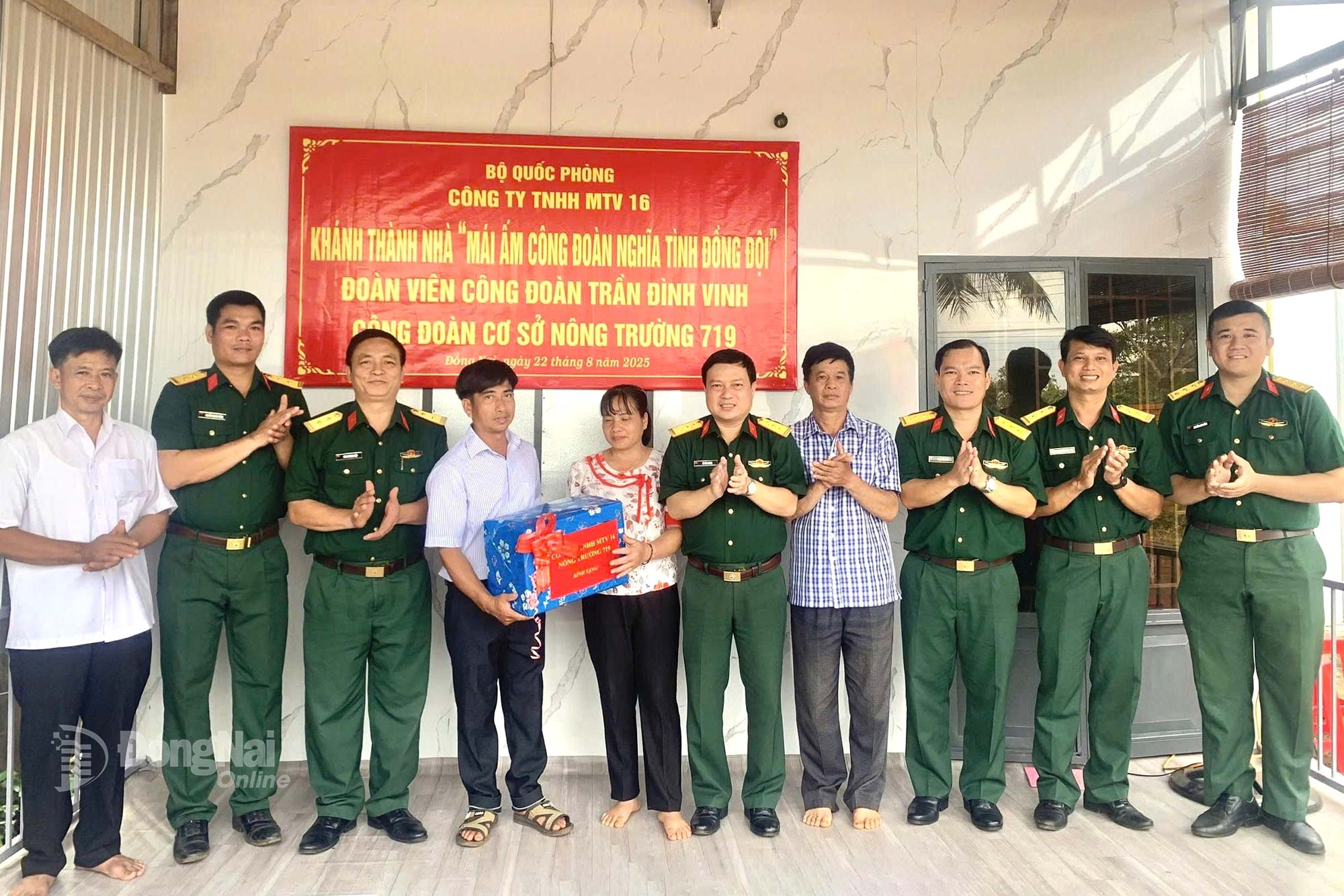

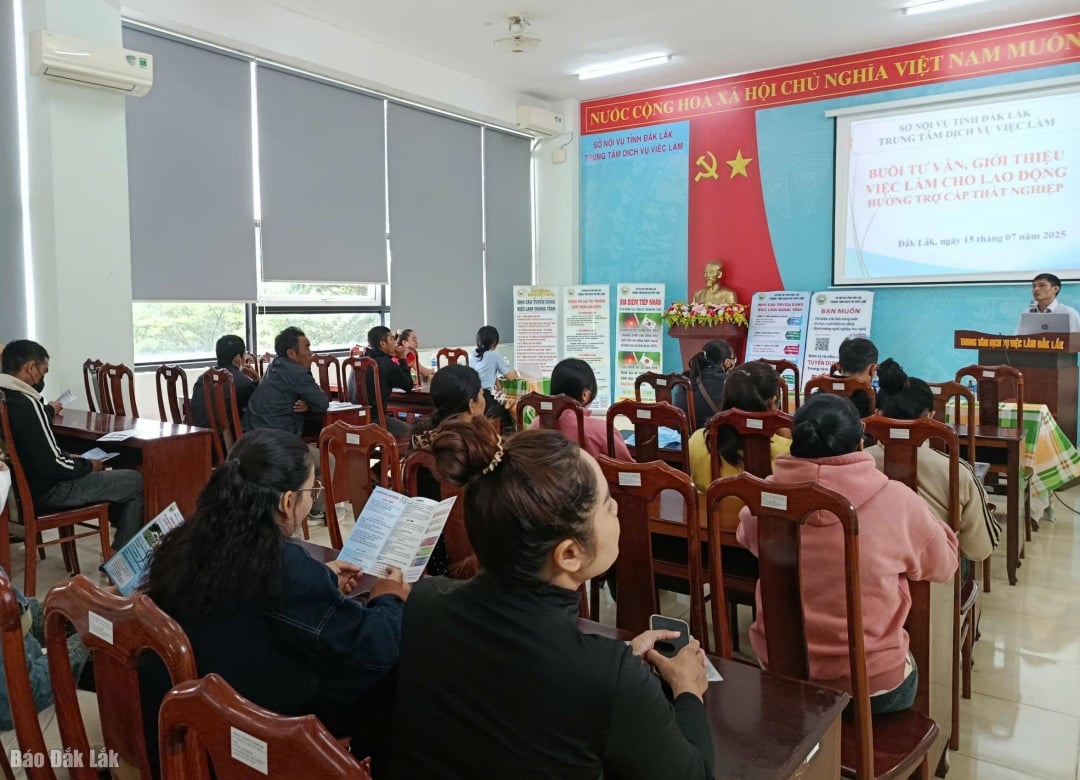





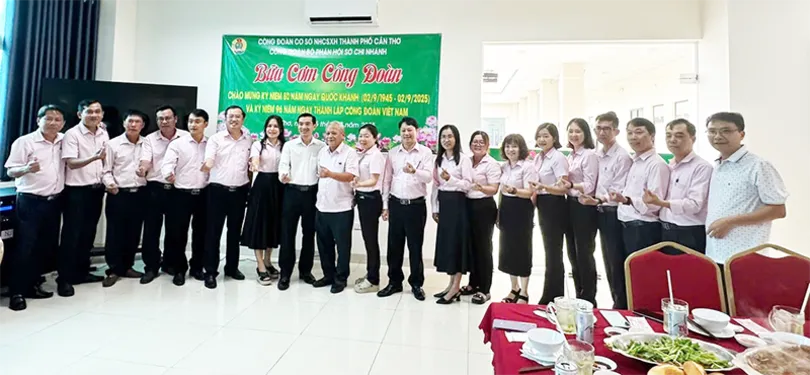

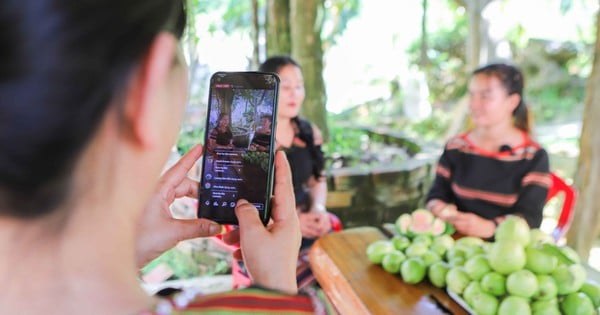

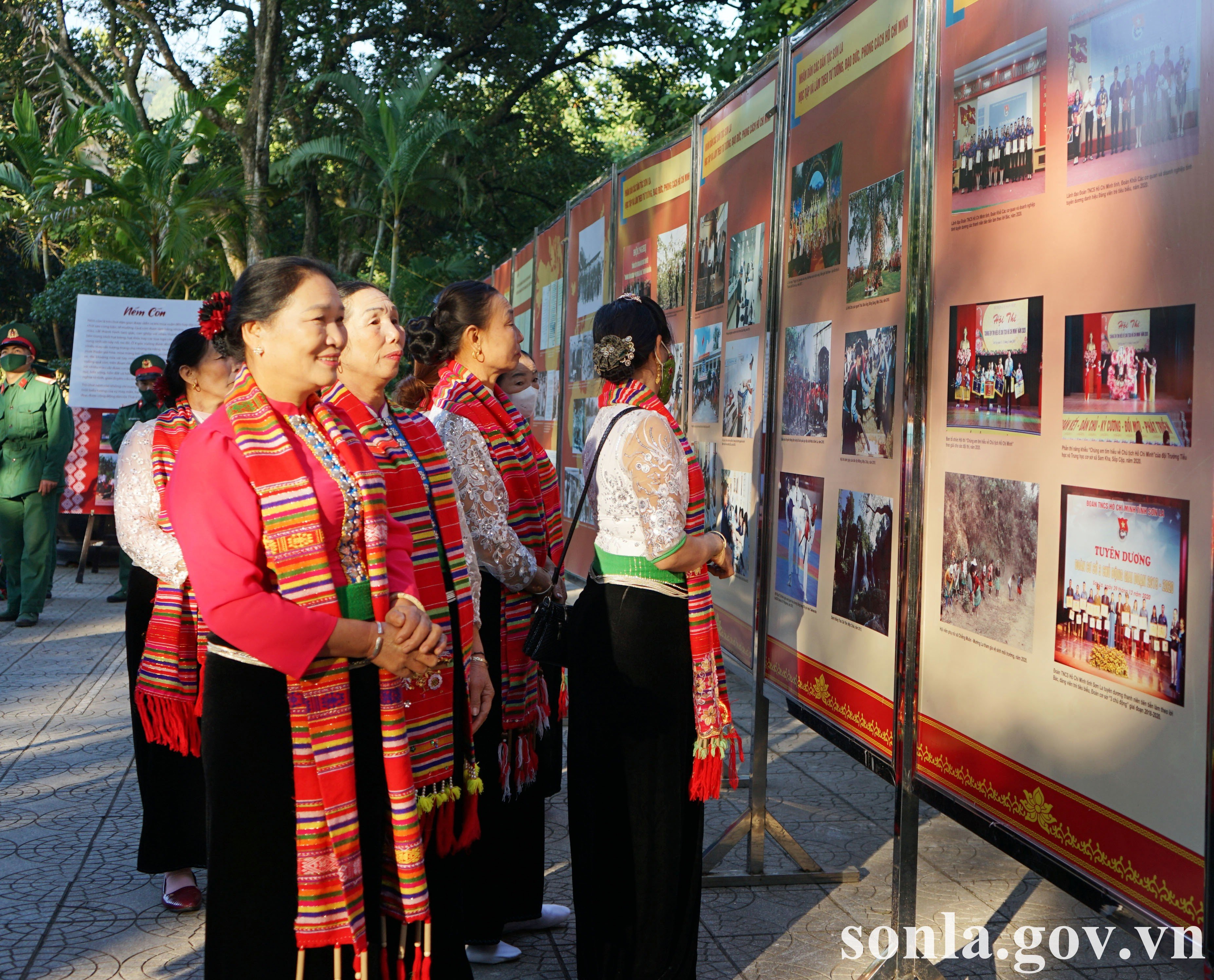





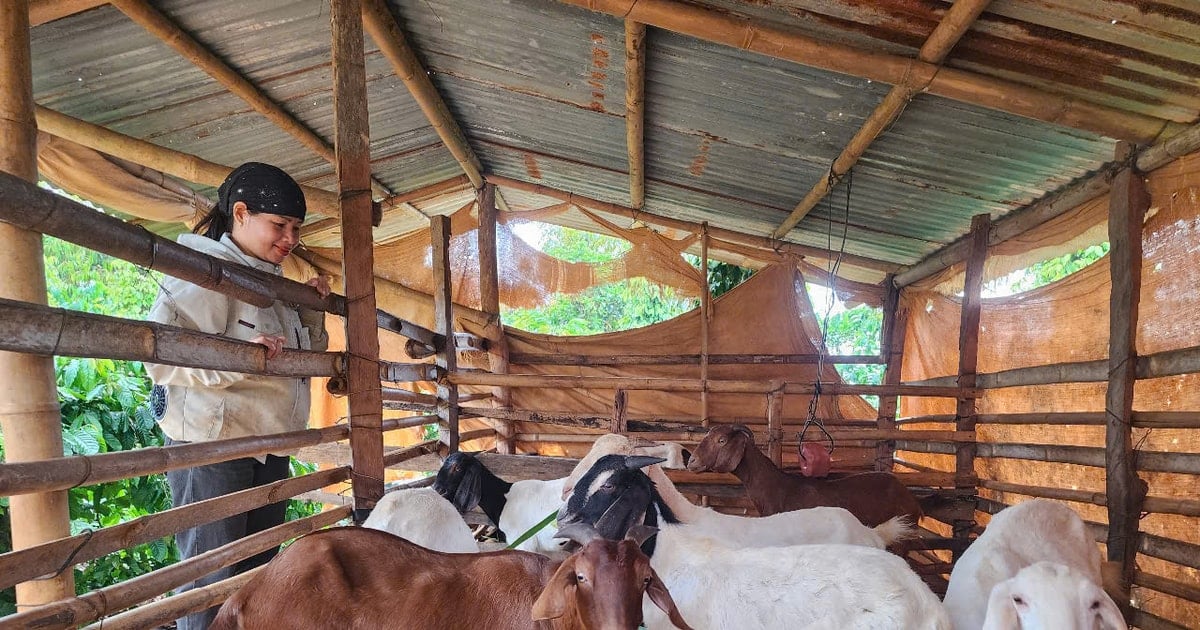









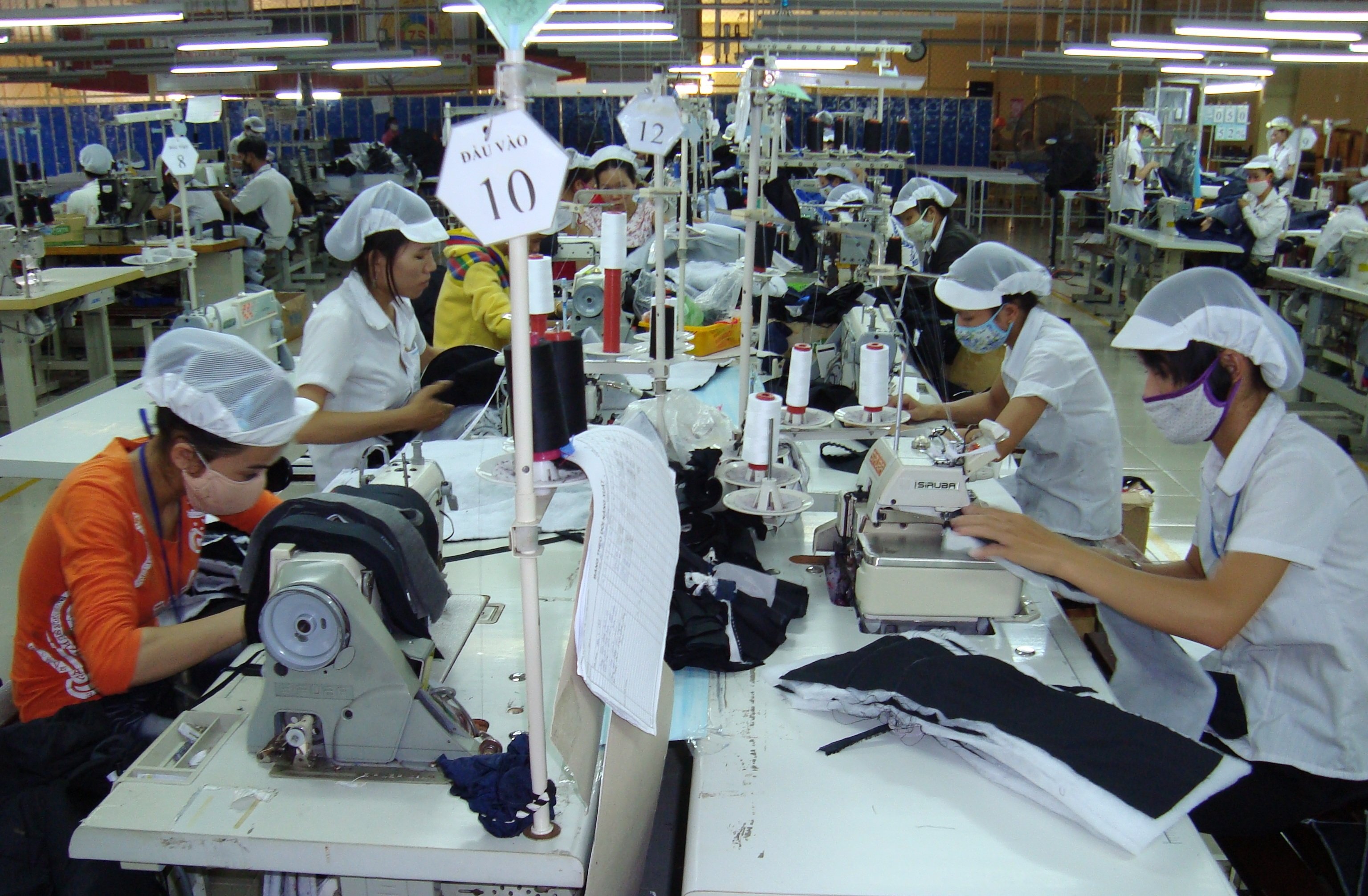


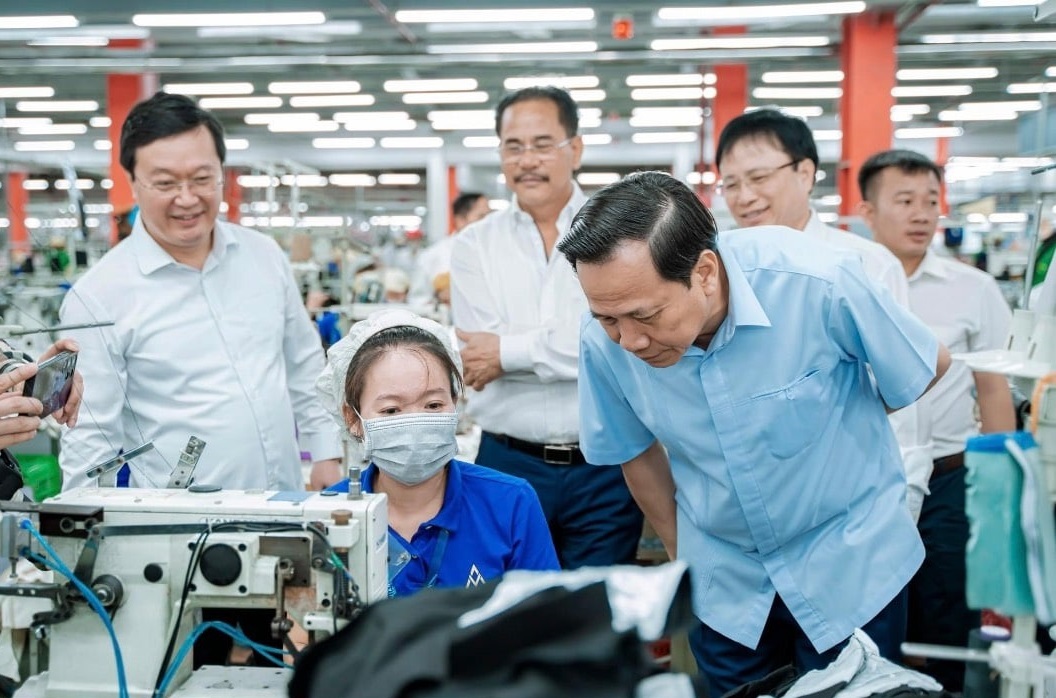











































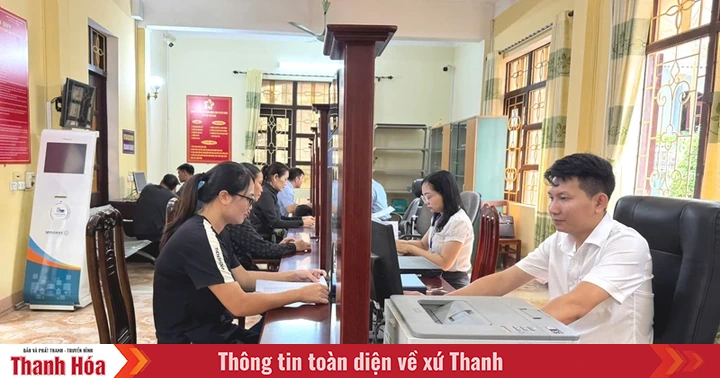
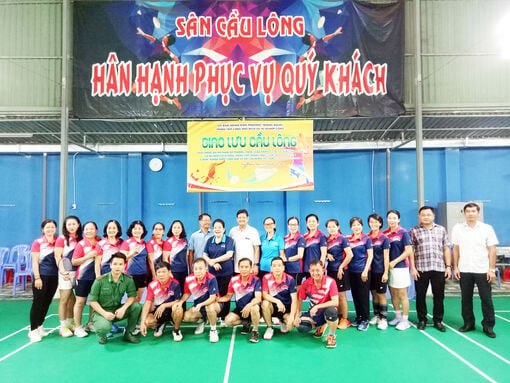

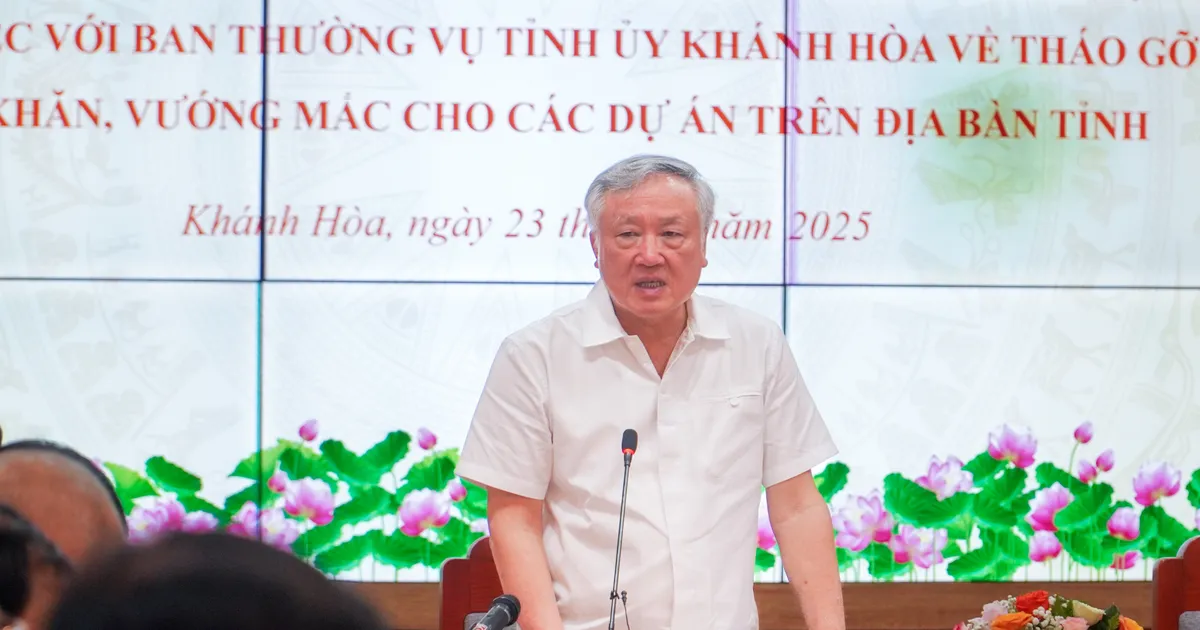
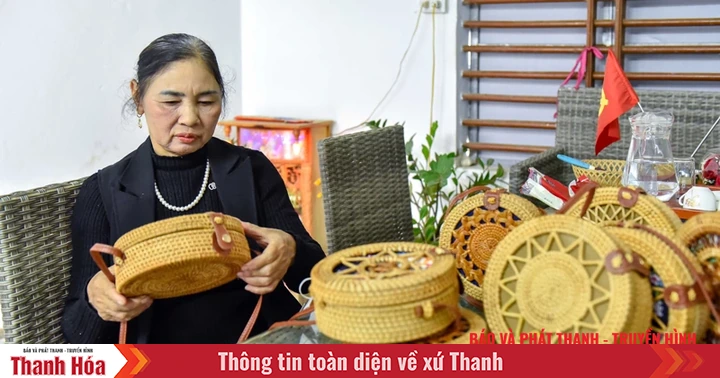
















Comment (0)